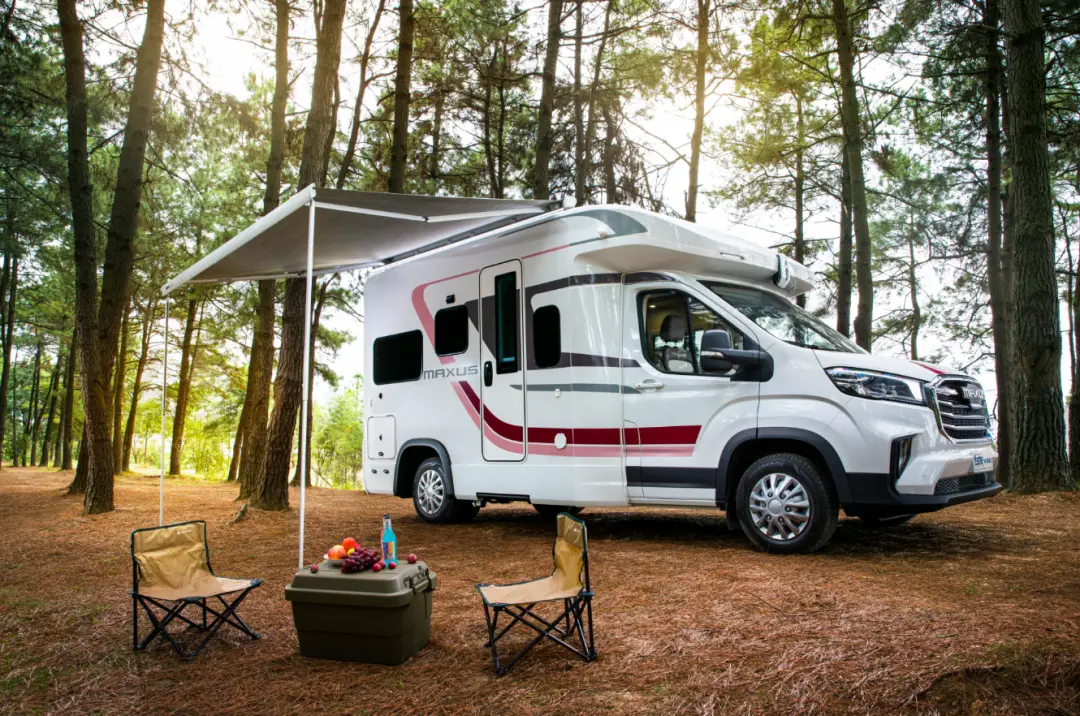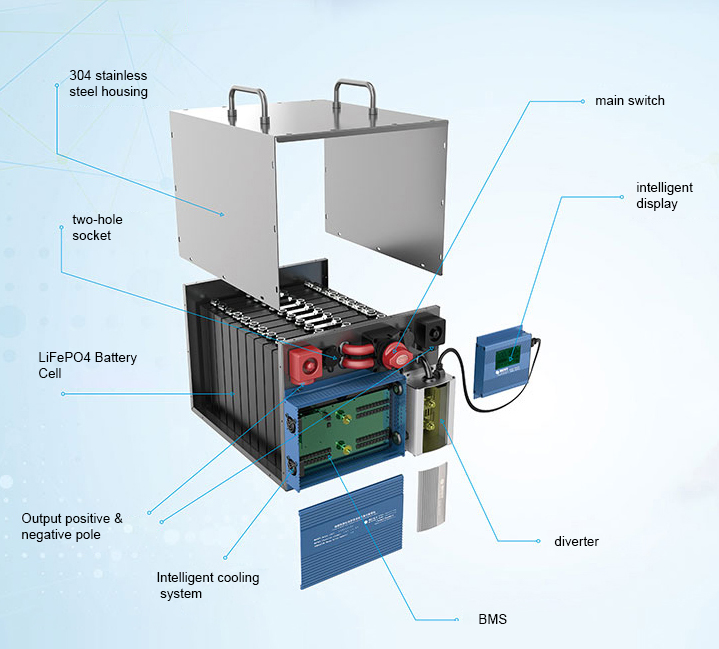
Long-term RV nomadic living has surged in popularity in recent years, attracting individuals seeking adventure, cost savings, and a break from the ordinary. Yet, without careful preparation, this lifestyle can present unexpected challenges. To ensure a smooth journey, it's crucial to equip your RV with the essentials that enhance comfort and convenience on the road. Here's a comprehensive guide to optimizing your RV for long-term living:
Before hitting the road, prioritize a thorough maintenance check for your RV. Addressing any underlying issues, such as low tire pressure or engine problems, prevents inconvenient breakdowns during your travels. Consider installing a tire pressure monitoring system for added peace of mind.
Make the most of outdoor spaces by outfitting your RV with durable outdoor furniture and essentials. Spending time outdoors alleviates feelings of confinement in a compact camper. Portable fire pits and sturdy outdoor seating enhance your enjoyment of nature day and night.
Take a short practice trip to assess your RV setup's comfort and functionality. Identify any missing essentials or appliances you may require for daily use. This trial period allows you to fine-tune your living space, reducing potential frustrations during long-term travel.
Maximize storage space within your RV with innovative solutions like command hooks, built-in organizers, and collapsible containers. Efficient storage minimizes clutter and streamlines daily routines, enhancing overall comfort and convenience.

Invest in a reliable solar-plus-storage energy system to maintain power independence during extended travels. High-quality lithium iron phosphate batteries offer long-term reliability and efficiency, ensuring continuous energy supply regardless of location or weather conditions.
Adopt energy-saving practices such as utilizing LED lighting, sealing windows and doors, and investing in energy-efficient appliances. These measures reduce energy consumption, extending the lifespan of your power supply and minimizing environmental impact.
Enhance comfort and energy efficiency by upgrading your RV's insulation. Proper insulation regulates indoor temperature, reducing reliance on heating and cooling systems. Consider options like spray foam or rigid foam insulation for effective thermal control.
Conserve water by utilizing reusable containers and upgrading to water-saving fixtures. Minimize water waste during showers and meal preparation to prolong freshwater availability. Utilize apps like iOverlander and SaniDumps to locate convenient disposal sites for wastewater.
Maintain preparedness for unexpected situations with a well-equipped emergency kit and spare tires. When traveling in remote areas, having backup supplies ensures you're ready to handle any challenges that arise, safeguarding your safety and peace of mind.
Long-term RV living offers unparalleled freedom and adventure, but proper preparation is key to a successful journey. By following these steps and prioritizing comfort, sustainability, and safety, you can optimize your RV for a fulfilling life on the road.
Embrace the RV lifestyle with confidence, knowing that your home on wheels is equipped for the long haul. By taking proactive measures to optimize your RV, you can embark on a journey filled with exploration, adventure, and unforgettable experiences.
How often should I schedule maintenance checks for my RV?
What should I include in my RV emergency kit?
Is it possible to live off-grid in an RV?
How can I stay connected while living on the road?
What are some tips for budgeting during long-term RV living?